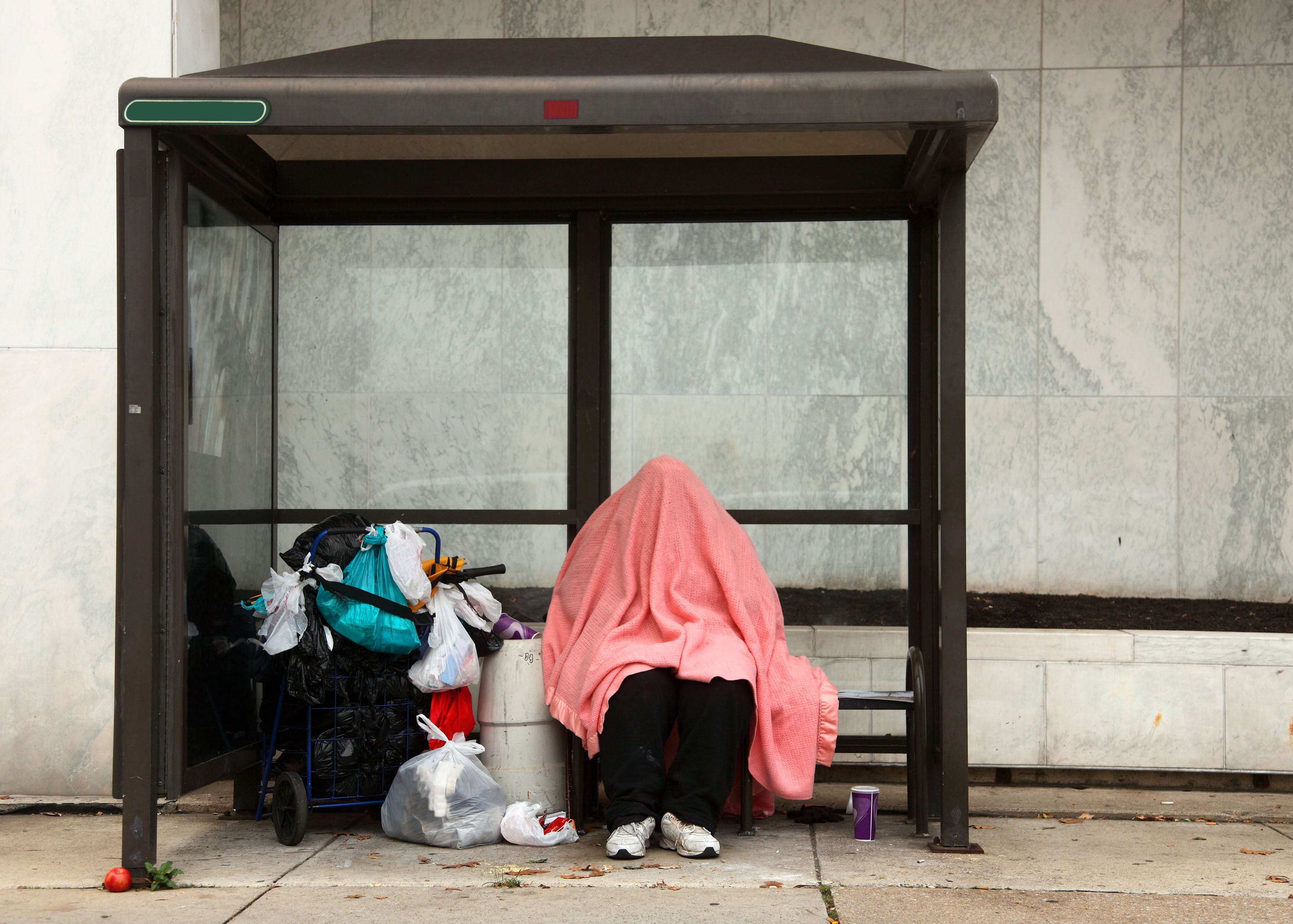On 23 and 24 October, IQS-URL will hold the 3rd International Conference on Aporophobia, or the “Rejection of Poverty,” in collaboration with a prominent coalition of URL academic institutions and key social entities.
IQS promotes the 3rd International Conference on Aporophobia, a global commitment against rejection and stigma towards poverty

For the third consecutive year, this pioneering effort, which has already become established as a leading international event, the conference is seeking to deepen analysis and propose multidisciplinary solutions to a phenomenon that has once again taken on relevance, with an increase in cases and the growing normalization and dehumanization of poverty.
These facts underscore the urgency of addressing the stigma associated with poverty, one of the greatest social challenges of our time.
As a new feature this year, the event will also be held online in order to promote inclusion. This idea has borne fruit and will give the conference an even more global character: experts from 12 different countries will participate.
The conference is organized by IQS-URL with the support of the “la Caixa” Foundation and features collaboration from the Pere Tarrés-URL Foundation, Càritas, the Assisi Foundation, the Roots, Christianity, and Justice Foundation, the Borja Institute of Bioethics-URL, the Vidal i Barraquer-URL Foundation, Jesuïtes Social, ESADE-URL, ESDI-URL, the Blanquerna-URL Observatory, and La Salle-URL.
Attendance is free, but spots are limited and pre-registration using the form available on the website is required.
Presentations and studies
The agenda for the 3rd edition of this conference will feature a series of high-level speeches, roundtable sessions, and research presentations that will address aporophobia from various perspectives. The opening speech for this year’s edition will be given by the renowned professor Imogen Tyler, from Lancaster University, who will present a Keynote Speech on the stigma of poverty, the leading issue this year and the central theme in her extensive work on the power of stigma and social inequalities.
One of the most anticipated sessions will be a conversation held with the philosopher Adela Cortina, who coined the term aporophobia, to discuss her eponymous book. There will also be space to consider the legal and police approach to hate crimes, a crucial issue in law enforcement and justice. The session will feature the participation of Maria Jesús Raimundo Rodríguez, prosecutor with the Spanish Attorney General Office’s Hate Crimes and Discrimination Unit.
IQS researchers will present their latest studies, including Jundi Wang’s exploration of the relationship between financial exclusion, digital finance, and aporophobia in China. Flavio Comim, dean of the IQS School of Management, will discuss measuring aporophobia with Mihály Borsi, and will present a study on the aporophobic brain along with Rallou Taratori.
Francesc Martori and Núria Agulló Chaler will address the integration of service-learning and data analysis to address aporophobia. Xavier Casanovas will showcase the role of the poor as scapegoats and aporophobia from a reading by René Girard.
With Juan Albacete, Francesc Martori, and Núria Agulló, participants will delve into the exploration of aporophobia in institutions through interviews with homeless people in Barcelona. Roberto Cantoni will present his study on colonial energies, aporophobia, energy justice, and territorial occupation in Western Sahara and French Guiana.
The agenda is rounded out by several parallel sessions and awareness-raising and reflection activities. As an introduction to the conference, reading groups have been created this year focusing on key works such as Stigma (Imogen Tyler), Aporophobia (Adela Cortina), and Ultraviolence (by journalist and writer Ferran Grau).
The conclusions reached in the respective speeches by the participants will serve as the culmination of the third edition of this conference, already consolidated as a pioneering space to share experiences, generate knowledge, and propose strategies that make it possible to effectively combat aporophobia from a comprehensive and multidisciplinary approach.









